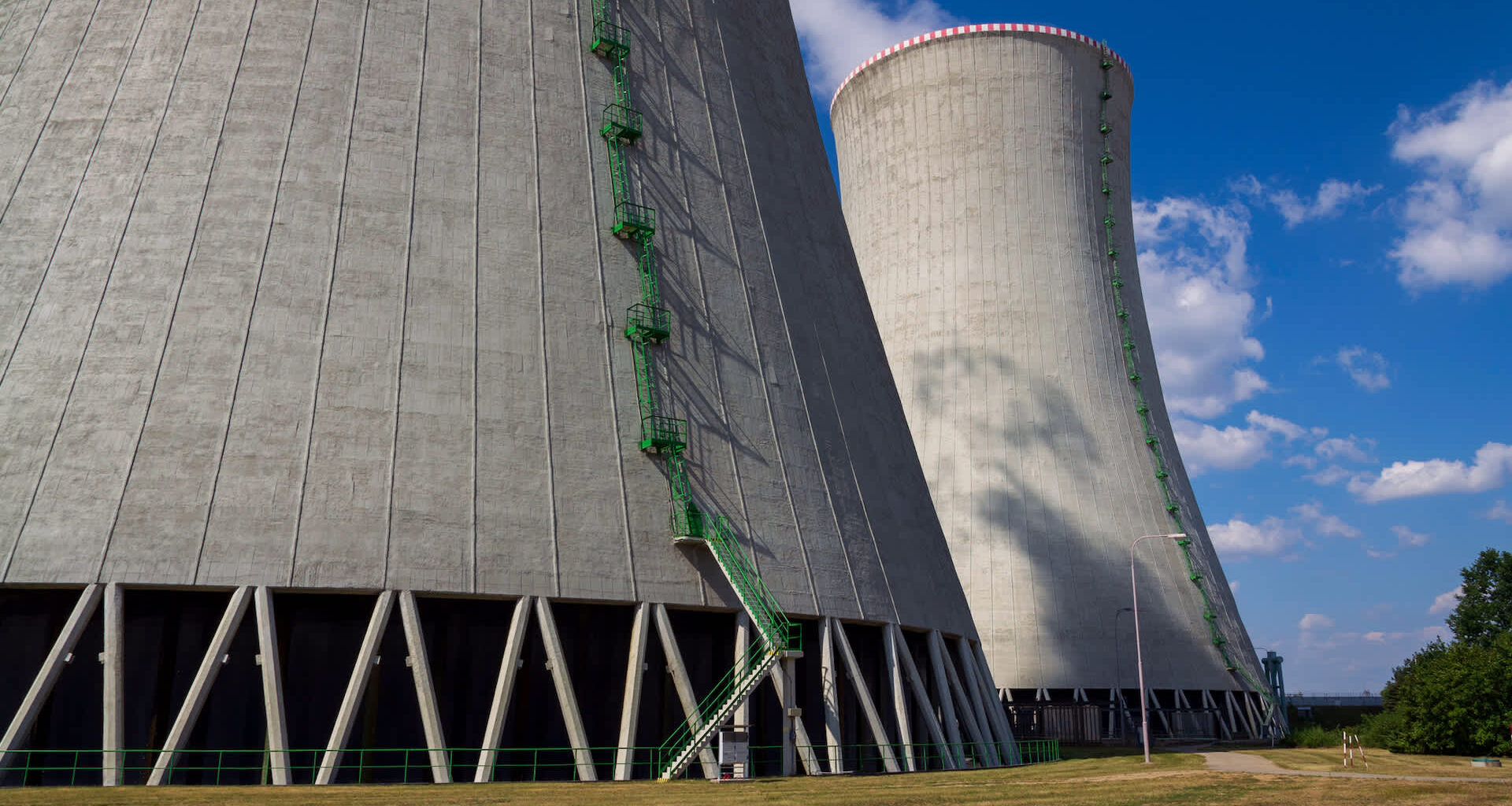As part of a fast-moving federal initiative, construction on the United States’ first experimental extra modular nuclear reactor is underway, according to Interesting Engineering.
Nuclear energy has emerged as a top energy priority in the U.S., with significant investments and ambitious timelines for achieving criticality.
The Department of Energy announced its Nuclear Reactor Pilot Program in June, fast-tracking 11 projects with a goal launch date of July 4 for at least three of the plans.
American energy startup Aalo Atomics was tapped for the initiative. It’s constructing a facility, Aalo-X, adjacent to the Idaho National Laboratory Materials and Fuels Complex in Idaho Falls.
Aalo Atomics’ experimental extra modular nuclear reactor is based on advanced nuclear reactors known as small modular reactors. Aalo looks to take the concept further, expanding upon SMRs to develop a reactor that is more flexible and easily deployable.
Aalo Atomics CEO Matt Loszak said the startup had power-hungry data centers in mind when developing Aalo-X’s XMR.

Mitsubishi Electric’s efficient heating and cooling HVAC solutions can help you stay comfortable no matter the weather or region. You can even regulate temperatures in each room with individually controlled all-electric heat pump systems.
With an energy-efficient, all-climate system from Mitsubishi, you can reduce the amount of energy needed to heat and cool your home, receive up to $2,000 in tax credits, and get peace of mind knowing you’re choosing rigorously tested, high-quality products.
“We believe that to address today’s massive data center market demand, another category of nuclear reactor is needed, one that blends the benefit of the factory manufacturing of microreactors, the power levels of SMRs, and the economic targets of a large reactor,” he explained.
As cleaner alternatives to fossil fuels go, nuclear energy has long had something of an image problem.
This is partly due to high-profile nuclear incidents in the 1970s and 1980s, but experts say much of that distrust was based on feelings, not facts — and the technology has come a long way in the intervening decades.
It’s true that despite rapid advancements and support from tech titans such as Bill Gates, nuclear energy has its cons. The Union of Concerned Scientists took a balanced yet cautious stance on advanced nuclear energy in 2021, outlining both sides.
Nuclear power generates waste that must be managed properly, and facilities remain “vulnerable to catastrophic accidents and sabotage,” the former of which is sometimes unavoidable. The UCS also expressed concerns that nuclear plants could be repurposed to build destructive weapons.
However, in contrast to planet-warming dirty fuels, nuclear remains a low-carbon source of energy, one that provides nearly 20% of the country’s electricity. If progress continues, nuclear power could soon play a more significant role in America’s energy supply.
“Our selection for the Nuclear Reactor Pilot Program is a significant catalyst for achieving our goal of going from founding to fission in less than three years — a feat many deemed impossible just a year ago,” Loszak told Interesting Engineering.
Join our free newsletter for weekly updates on the latest innovations improving our lives and shaping our future, and don’t miss this cool list of easy ways to help yourself while helping the planet.
